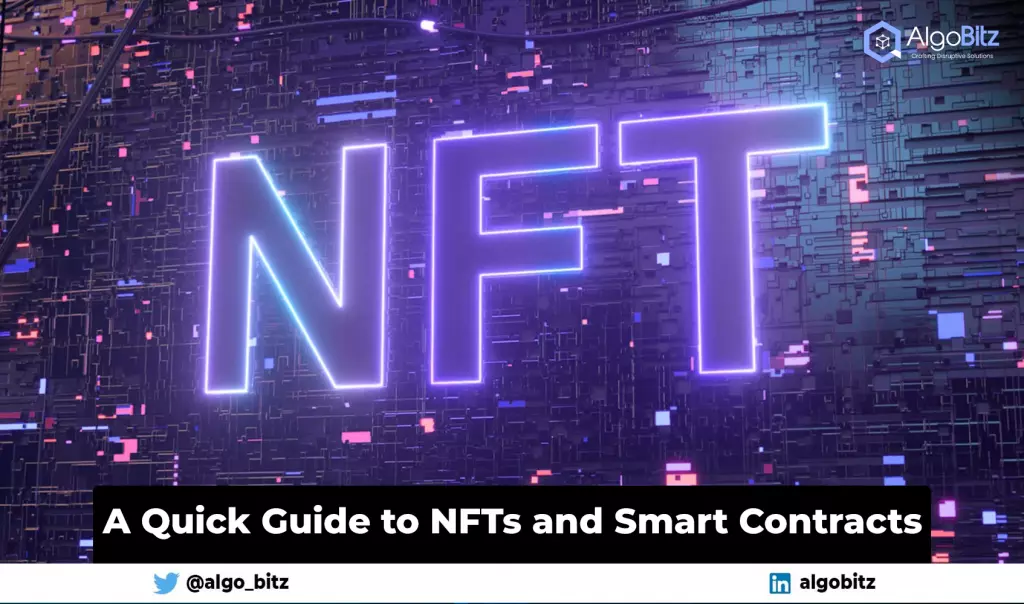Smart contracts are programs that run when criteria have been met and maintained on a blockchain. It is usually used to automate the execution of an agreement so that all parties can be certain of the terms right away, without the need for any intermediaries or extra steps. They can also regulate a workflow, starting the following steps when certain circumstances are obtained.
In simple words, smart contract is like a digital vending machine. You select a product, the machine decides the required amount to purchase the product, you insert the correct amount, verify the amount entered, and you get the product after making the payment. It is necessary to meet all the requirements to receive the required product.
What are some benefits of Smart Contracts?
1. Automatic Execution
One of the most notable advantages is that the outcome is automatically delivered after the criteria are met. There is no need to wait for the result to be executed by a human. These contracts also eliminate the requirement for trust.
You could, for example, create a smart contract that holds funds in escrow for a child and allows them to withdraw funds at a later date. The contract will not execute if they try to withdraw the funds before the deadline. You could also write a contract that gives you a digital version of a car’s title when you pay the dealer.
2. Protection of Privacy
They can also help to gatekeep our personal information. You can preserve your privacy from outsiders since Ethereum is an anonymous network (your transactions are related publicly to a unique cryptographic address, not your name).
3. Outright Terms
Finally, just like contracts, you can inspect a smart contract before signing it (or otherwise interact with it). Better yet, the contract’s terms are open to public inspection, allowing anybody to examine it. So, you can stop worrying about signing a cryptic contract and make things work on your own.
4. Efficient Cost
Smart contract has the power to automate cross-organizational business operations. As a result of this, many expenditures and resources can be saved, including the employees needed to keep track of the status of a complex process that runs under conditions that cross organizations.
Smart Contract have a very bright future. As smart contracts obtain features such as adjudications of traditional legal contracts and customizable smart contract templates, the function of lawyers may change in the future. Smart contracts can also benefit from compliance because of their capacity to automate procedures as well as manage behaviour, as well as their capacity for real-time auditing and risk assessments.
Can NFTs and Smart Contract be embedded together?
There are two major ways for smart contracts and NFTs to connect:
- NFTs can be incorporated into smart contracts. A smart contract can contain an NFT, which is distributed to a user or perhaps another contract based on the smart contract’s parameters and events.
- Similarly, we can incorporate smart contracts in an NFT, to call and access assets within an NFT. A smart contract, for example, can allow a user to listen to music included in an NFT. They would use the smart contract to agree on the terms, pay the initial payment, and then get access to that track. When consumers press the play button on their apps, this action will continue in the background.
Users will be able to unlock a wide range of use cases by combining NFTs and smart contracts. It is important to create complex contractual frameworks and agreements. Contracts will be transparent, tamper-proof, and auditable in real-time because of the underlying blockchain processes. Any future arbitration process will be streamlined and hastened.







